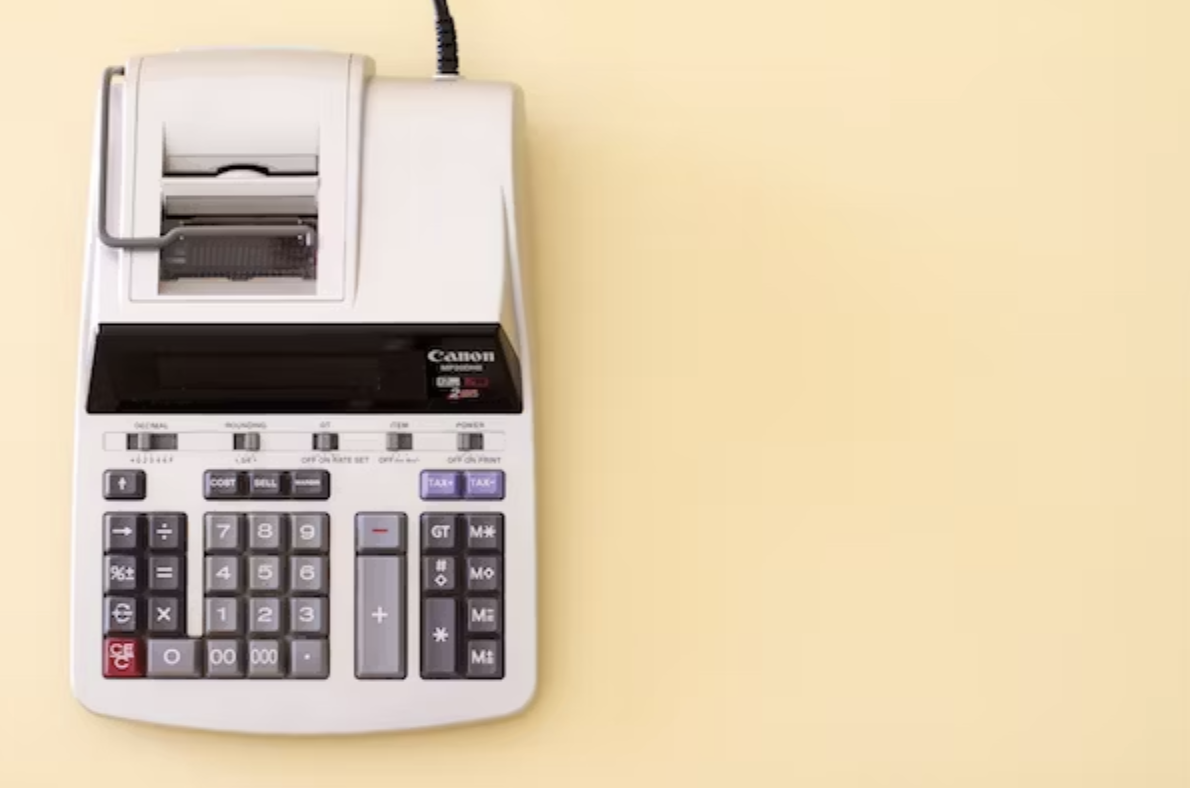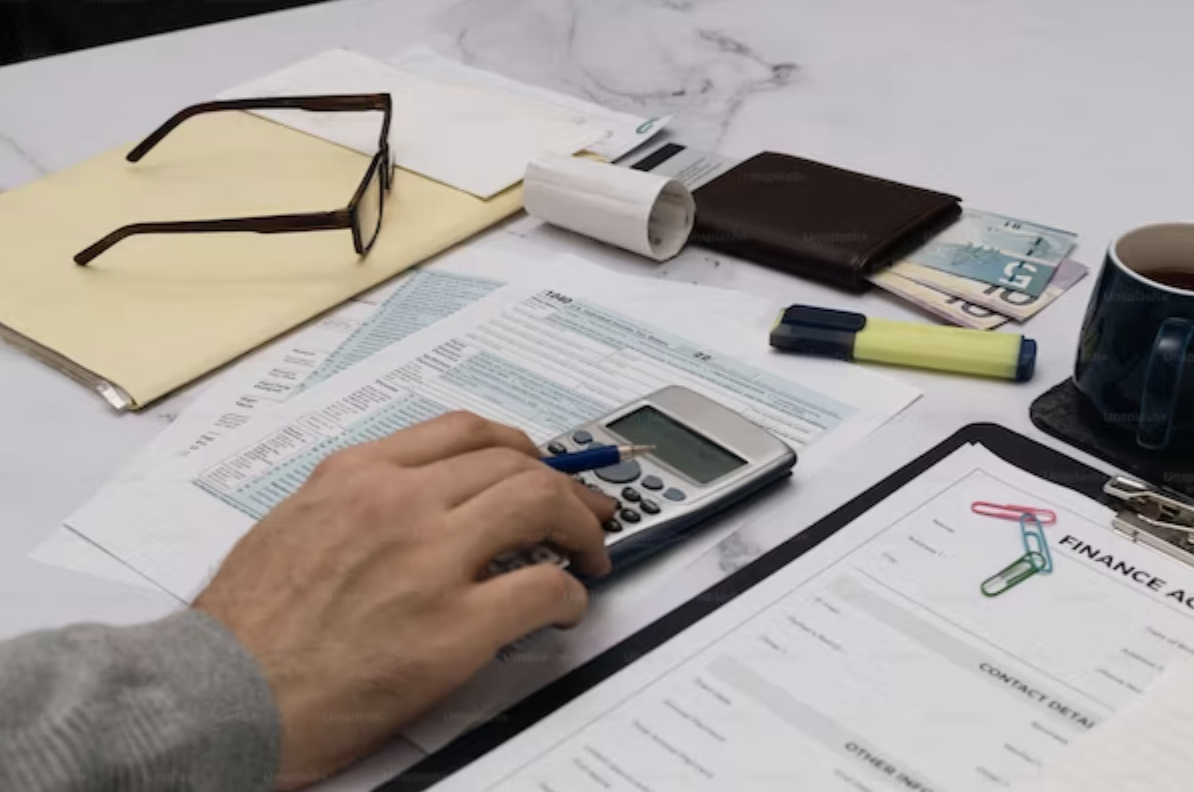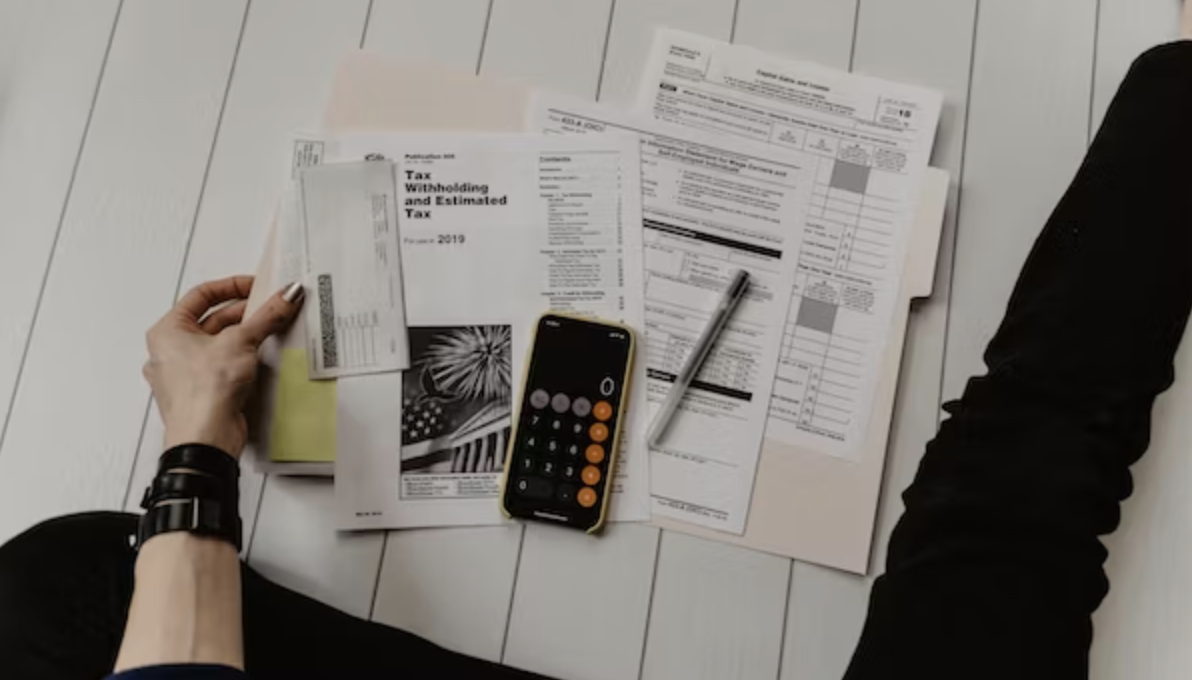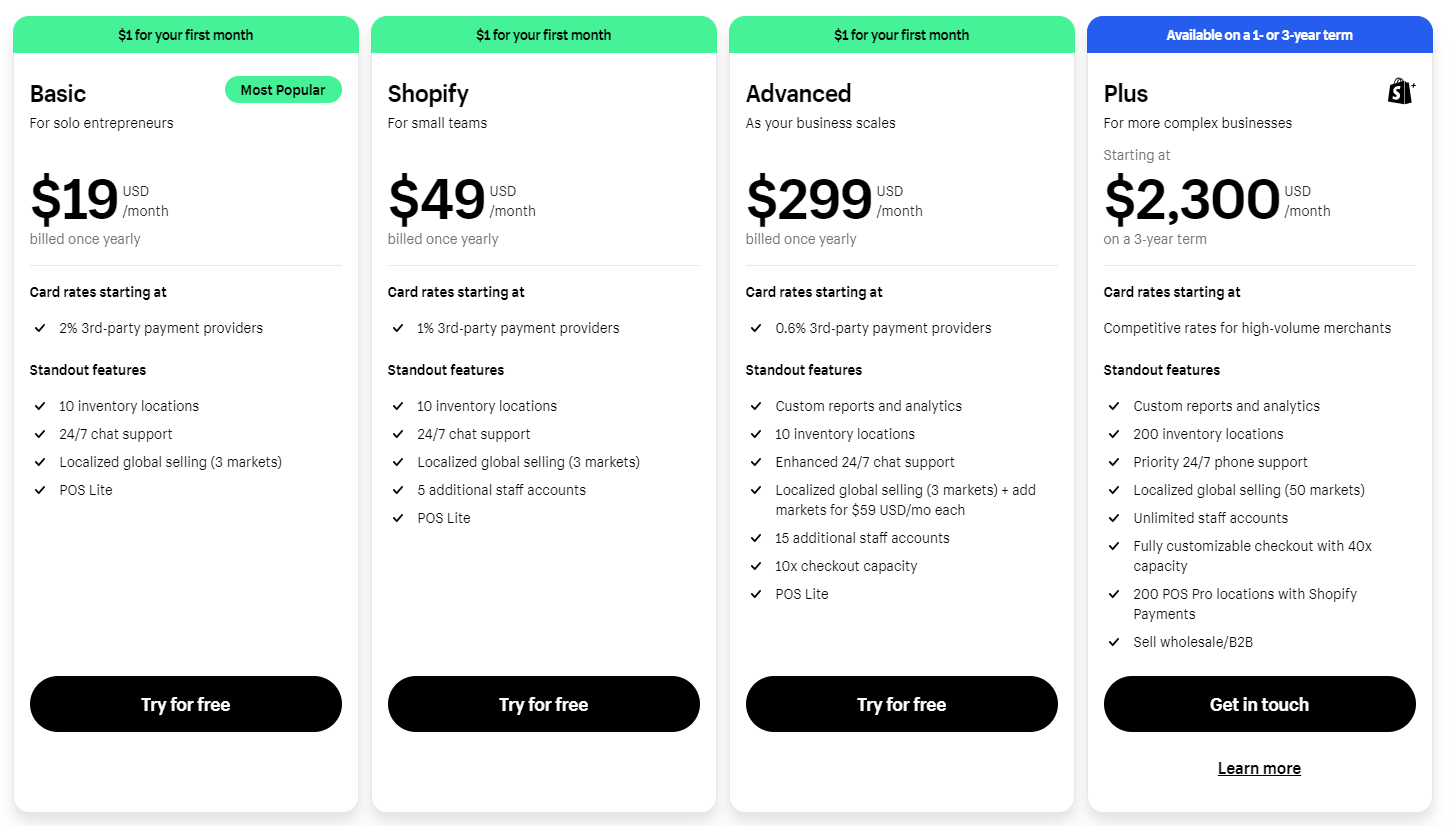Proper record-keeping and documentation are crucial when it comes to managing your business’s tax affairs. The Internal Revenue Service (IRS) has specific requirements for maintaining receipts and other financial records to support your tax deductions and claims.
In this comprehensive guide, we will explore the IRS receipt requirements, what a Business Tax Receipt is, when IRS receipts are required, when they are not necessary, what receipts you should keep for taxes, special rules for business expenses like travel, meals, and gifts, how to manage your business tax receipts, what to do if you get audited, and frequently asked questions related to IRS receipt compliance.
What is a Business Tax Receipt?
A Business Tax Receipt, often referred to as a business license or occupational license, is a document issued by a local government that permits an individual or entity to engage in a specific business or profession within a particular jurisdiction.
This receipt or license serves as evidence that your business is operating legally and has fulfilled the local tax requirements. It is essential to distinguish the Business Tax Receipt from the IRS receipts, which pertain to federal tax obligations.
When are IRS Receipts Required?
IRS receipts, or more accurately, the requirement for maintaining receipts, come into play when you are claiming deductions or credits on your federal income tax return.
Generally, you need to maintain receipts for any business expense for which you intend to claim a deduction or credit. This includes expenses related to operating your business, such as rent, supplies, equipment, and more. In particular, the following scenarios necessitate keeping IRS receipts:
- Deductions: To claim deductions for business expenses, you must have receipts or other forms of documentation to prove the legitimacy of those expenses.
- Credits: To be eligible for various tax credits, such as the Earned Income Tax Credit (EITC) or the Child and Dependent Care Credit, you must maintain records that support your eligibility and expenses.
- Business Asset Purchases: Receipts for the purchase of business assets, like equipment or vehicles, are crucial for calculating depreciation and determining the basis for these assets.
- Meals and Entertainment Expenses: Receipts and detailed records are required to substantiate the expenses related to business meals and entertainment.
- Travel Expenses: For deductions related to business travel, including airfare, lodging, and meals, you need receipts to validate these expenditures.
When are IRS Receipts Not Required?

While the IRS has strict requirements for maintaining receipts in many cases, there are exceptions and instances where they are not required:
- Small Expenses: The IRS acknowledges that maintaining receipts for very small expenses can be burdensome. In cases where the expense is minimal, it may be acceptable to rely on a record of the expense, such as a mileage log for minor travel expenses.
- Transportation Expenses: If you are claiming the standard mileage rate for your vehicle expenses, you are not required to keep receipts for individual expenses like gas, maintenance, and repairs. However, you must maintain a mileage log.
- Reimbursements: If your employer reimburses you for business expenses and you do not claim these expenses on your tax return, you do not need to maintain receipts for them.
- Timely Record-Keeping: While receipts are generally required, if you maintain contemporaneous and detailed records of your expenses, including the date, amount, purpose, and business relationship, the IRS may accept these records as a substitute for some receipts.
- Assets with Cost Basis: When you acquire a business asset with a known cost basis (e.g., real estate), you may not need to keep receipts for the purchase if the cost basis is well-documented.
What Receipts Should You Keep For Taxes?

To ensure compliance with IRS requirements and facilitate smooth tax preparation, it is advisable to keep receipts for the following categories of expenses:
- Business Expenses: Receipts for everyday operational expenses such as office supplies, utilities, rent, and insurance.
- Travel Expenses: Receipts for airfare, lodging, meals, and other expenses incurred during business trips.
- Entertainment Expenses: Detailed records of expenses related to business entertainment, including receipts for meals and events.
- Asset Purchases: Receipts for significant business asset purchases, such as equipment, machinery, and vehicles.
- Charitable Contributions: If you are claiming a deduction for charitable contributions, retain receipts or acknowledgments from the charitable organization.
- Home Office Expenses: Receipts for expenses related to your home office, such as utilities, mortgage interest, and repairs.
- Education and Training: Receipts for courses, workshops, or seminars that are directly related to your business and help improve your skills.
- Medical Expenses: If you are self-employed and claiming a deduction for medical expenses, maintain receipts for eligible medical costs.
Special Rules for Business Travel, Meals, and Gifts
When it comes to business travel, meals, and gifts, the IRS has specific rules for substantiating expenses. It’s crucial to follow these rules to ensure compliance:
- Travel Expenses: To substantiate travel expenses, you should keep detailed records that include receipts for lodging, transportation, and other expenses. Additionally, maintain a log that records the purpose of the trip, dates, locations, and mileage if applicable.
- Meals and Entertainment Expenses: Receipts for meals and entertainment should provide detailed information, including the names of attendees, the business purpose, and the amount spent. Record this information on the receipt or maintain a log as supporting documentation.
- Gifts: When giving gifts to clients or employees, keep receipts and documentation that specify the gift’s cost and business purpose. There is a limit to the deductible amount for business gifts, so ensure compliance with this limit.
How Do You Manage Your Business Tax Receipts?

Effectively managing your business tax receipts is critical for maintaining compliance and ensuring a smooth tax-filing process.
Here are some steps to consider:
- Organize and Categorize: Develop a system for organizing receipts by category, making it easier to locate and retrieve specific documents when needed.
- Digitize Receipts: Consider using digital tools or apps to scan and store receipts electronically. This can help reduce paper clutter and ensure that your records are easily accessible.
- Create a Record-Keeping System: Establish a record-keeping system that includes not only receipts but also any supporting documentation, such as mileage logs or client lists.
- Regularly Update Records: Maintain a routine schedule for updating and reviewing your records. This will help ensure that you have the necessary documentation in place when it’s time to file your taxes.
- Consult a Professional: If you are unsure about which receipts to keep or have questions about compliance, consult with a tax professional or accountant. They can provide guidance on the specific requirements for your business.
What Do You Do if You Get Audited?
In the event of an IRS audit, it is essential to be prepared and responsive. Here are steps to take if you find yourself facing an audit:
- Stay Calm: Keep in mind that audits are a routine part of the tax process, and they do not necessarily indicate wrongdoing.
- Gather Documentation: Be prepared to provide all the receipts and records requested by the auditor. Having organized and well-maintained records is invaluable at this stage.
- Cooperate with the Auditor: Be cooperative and professional during the audit process. Answer questions honestly and provide any additional information requested.
- Consult a Tax Professional: If the audit becomes complex or raises questions beyond your expertise, it may be beneficial to seek assistance from a tax professional who can represent your interests.
- Understand Your Rights: Familiarize yourself with your rights as a taxpayer, including the right to appeal any adverse findings.
Frequently Asked Questions
What if I’ve lost a receipt?
Losing a receipt is not uncommon, but it is important to reconstruct the expense as accurately as possible. If you cannot find the original receipt, provide any alternative documentation, such as bank or credit card statements, and a written explanation of the expense.
Are there exceptions to the receipt requirement for small expenses?
Yes, the IRS recognizes that maintaining receipts for very small expenses can be impractical. In such cases, detailed records and logs may be acceptable as a substitute, provided they include essential information about the expense.
Can I use bank or credit card statements instead of receipts?
Bank or credit card statements can be used as supporting documentation if receipts are unavailable. However, they should be accompanied by additional records or explanations to clarify the nature and business purpose of the expense.
How long should I keep my receipts for tax purposes?
The IRS generally recommends keeping records and receipts for at least three years from the date you filed your tax return, or two years from the date you paid the tax, whichever is later. In some cases, you may want to retain records for a more extended period, such as seven years, to ensure compliance and prepare for potential audits.
What Is EcomBalance?

EcomBalance is a monthly bookkeeping service specialized for eCommerce companies selling on Amazon, Shopify, Ebay, Etsy, WooCommerce, & other eCommerce channels.
We take monthly bookkeeping off your plate and deliver you your financial statements by the 15th or 20th of each month.
You’ll have your Profit and Loss Statement, Balance Sheet, and Cash Flow Statement ready for analysis each month so you and your business partners can make better business decisions.
Interested in learning more? Schedule a call with our CEO, Nathan Hirsch.
And here’s some free resources:
- Monthly Finance Meeting Agenda
- 9 Steps to Master Your Ecommerce Bookkeeping Checklist
- The Ultimate Guide on Finding an Ecommerce Virtual Bookkeeping Service
- What Is a Profit and Loss Statement?
- How to Read & Interpret a Cash Flow Statement
- How to Read a Balance Sheet & Truly Understand It
Conclusion
Compliance with IRS receipt requirements is crucial for managing your business’s tax obligations effectively. By understanding when IRS receipts are required, when they are not, and what types of receipts should be maintained, you can ensure that your financial records are in order and ready for tax filing.
Proper record-keeping and management of your receipts will not only help you maximize deductions but also provide peace of mind in the event of an audit. If you have questions or uncertainties about IRS requirements, it’s advisable to consult a tax professional who can provide expert guidance specific to your business and tax situation.










